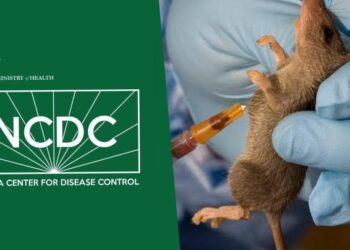To some people, a miscarriage is more than a physical loss, it feels like losing a dream of what could have been. The aftermath is a wrecking ball of sadness, confusion, and even guilt. Miscarriage happens when a pregnancy ends before 20 weeks, where the baby stops forming.
The body signals The hormone levels drop When that happens, the body will be able to detect that the pregnancy is no longer progressing, which leads to a miscarriage. In this article, we are going to be talking about the diagnosis, treatment, and prevention of miscarriage.

Diagnosis Process
When a miscarriage is suspected, probably through certain symptoms that you have, doctors usually try to figure out what’s going on and how they can help you. After you’ve complained about symptoms like bleeding or cramping during pregnancy, the doctors will do a physical examination to check for these signs.
Furthermore, the doctor will carry out an ultrasound to see how well the baby is developing or to see if the pregnancy has ended. Next, you’ll be asked to go for a blood test, which will be used to check your hormone levels, especially the human chorionic gonadotropin, HCG. The HCG is said to rise during pregnancy.
If the levels of HCG aren’t increasing properly, that may indicate a miscarriage. If it has been confirmed that you have a miscarriage, you can either allow the miscarriage to happen naturally, or you can opt for medication or a procedure called a D&C; dilation and curettage, to remove the tissues from the uterus.
Coping strategies
Miscarriage is a real loss, and everyone grieves in their own way, so it’s okay to experience different emotions at that point. Firstly, you should consider talking to a therapist or counselor. They’ll guide you through your emotions and help you to find the best ways to cope with this situation.
After a miscarriage, there is a phase where women tend to lock their emotions or themselves up from their families and friends. This stage is completely normal, but after this phase has come and gone, try to connect with others who have been through the same situation as you. It can either be through joining support groups or online communities that share the same experience with you. But if that is not your cup of tea, you can just speak with friends and be more open about your emotions.
Can Miscarriage Be Prevented?
Miscarriage can’t always be prevented, but to reduce the risk, you must first go in for regular checkups during pregnancy. This allows the doctor to catch any issues with the baby early. If you have any health conditions, be open with your doctor because treating them can reduce the chances of another miscarriage.
Pregnancy is one sensitive period in women’s lives, so make sure that you choose your diet well, eat healthy, avoid alcohol, smoking, and always manage your stress level.
Bottom Line
Miscarriage happens when a pregnancy ends before 20 weeks, usually because the baby stops developing. While a miscarriage is a heartbreaking experience, support is available. It can be through therapy, support groups, or by leaning on family and friends.

















